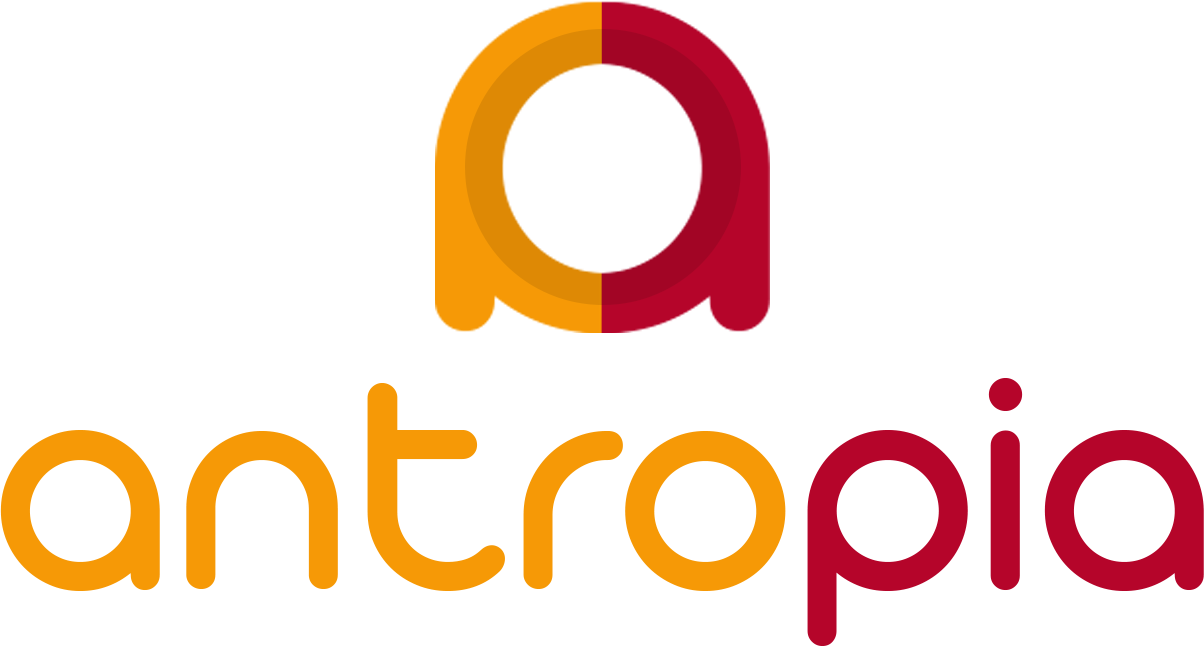How does the pharmaceutical industry work
4 min read
The pharmaceutical industry has the task of developing and commercialising innovative medicines and therapies that reflect the needs of the population and public health. The ageing trend of the population and the increase in health expenditure, both public and private, have generated constant growth in this type of industrial sector. With the outbreak of the COVID-19 pandemic, and the consequent rush to the vaccine and medicines potentially able to cure and prevent the devastating effects that SARS-CoV-19 virus causes in some individuals, the essential nature of the pharmaceutical industry has made more and more feel.
But how does a pharmaceutical company really work and what are its characteristics?
All pharmaceutical companies of every nature must comply with the same rules, working under the same conditions and degree of safety of the final product. Any product that leaves the company must be approved by specific bodies and agencies, that make very scrupulous selections, and with strict regulations. Furthermore, pharmacovigilance, with particular attention to possible adverse effects, continues even after the product’s marketing and lasts as long as the drug is on the market.
Conspirators, deniers and so on will tend to say that pharmaceutical companies profit from the health of the population, being organizations run by unscrupulous people, aimed only at the goal of getting rich. This is only partially true. Or rather, it is true that the pharmaceutical company has as its ultimate purpose to produce a profit that repays the investments and allows a positive net gain, however it is not to blame or demonize as it is nothing more than an entity that perfectly reflects the society and the reality in which it is located.
All industrial and commercial activities have, and must have, the goal of creating wealth for the benefit of society by working to improve the quality of life and also having a return in economic terms. The pharmaceutical industry is no exception to this rule: it is not a charity, nor a missionary body, and its activities, unlike those of other types of companies, have more pronounced and prevalent ethical components.
The development and production of new drugs, vaccines, supplements (which are not drugs) and cosmetics requires very expensive equipment, highly qualified personnel with heterogeneous skills, extremely long research and development times – we are talking about 10-15 years to develop and bring a new API (Active Pharmaceutical Ingredient) to market – and most importantly, huge amounts of money for the initial investment. Pharmaceutical companies invest on average about 15-25% of their turnover in research and development every year, equal to about 150 billion euros. To this must be added the high financial risk that investment in the pharma sector entails, essentially due to the high rate of bankruptcies.
Speaking of numbers, the estimate is that less than 1% of pharmaceutical compounds under development will reach the market. It goes without saying that that 1% of marketed products will have to be able to repay the investments made for the remaining 99% of failures, as well as allow new projects to be financed. In short, it is certainly not an easy sector in which to work and in which to invest and the risk of bankruptcy is very high.
Another peculiarity of the pharmaceutical sector is the large number of bodies, regulations, laws, rules and guidelines that control and regulate every aspect of the product life cycle: from research and development to production up to the subsequent marketing of the new drug.
The latter, in fact, must have a high degree of safety and efficacy with an extremely low risk / benefit ratio, being among the most tested and analyzed products on the market. This results in an increase in costs for the company, as it has to undertake numerous tests and checks to meet the requests of the regulatory bodies, inevitably lengthening the time for placing the product on the market and making it increasingly difficult to find new and better drugs.
Finally, numerous ethical and moral implications also come into play which very often limit the research and development of new active ingredients, as well as the often deleterious role of mass information (TV, newspapers), non-specialized, poorly documented, often biased or conditioned by politics.
Those mentioned above are just some of the fundamental aspects that characterize the pharmaceutical sector. A sector capable of procuring large revenues for companies, but also enormous bankruptcies. But whether we like it or not, the only one which has the necessary resources to develop and produce from the common aspirin to the most sophisticated anticancer drug.
By the way, if you are interested in better understanding what medicines are and how they work, here you can find an interesting article on the subject.

Sono Chiara e mi sto laureando in Lingue e Letterature Straniere presso l’Università degli studi di Firenze. Ho conseguito la laurea triennale con un doppio titolo italiano e tedesco dopo aver trascorso un anno di studi all’estero presso l’Università di Bonn. Grazie a queste esperienze non ho avuto solamente l’occasione di viaggiare e scoprire nuovi angoli di mondo, ma anche e soprattutto di approfondire ed ampliare il mio amore per l’arte in ogni sua espressione, essendo rimasta affascinata da una città unica come Firenze e dalle nuove correnti più recenti in Europa. Sono inoltre una grande appassionata di cinema, musica e letteratura, discipline che hanno in comune un profondo senso creativo. Credo infatti nel grande potere della creatività, che come diceva Einstein può essere «contagiosa»







